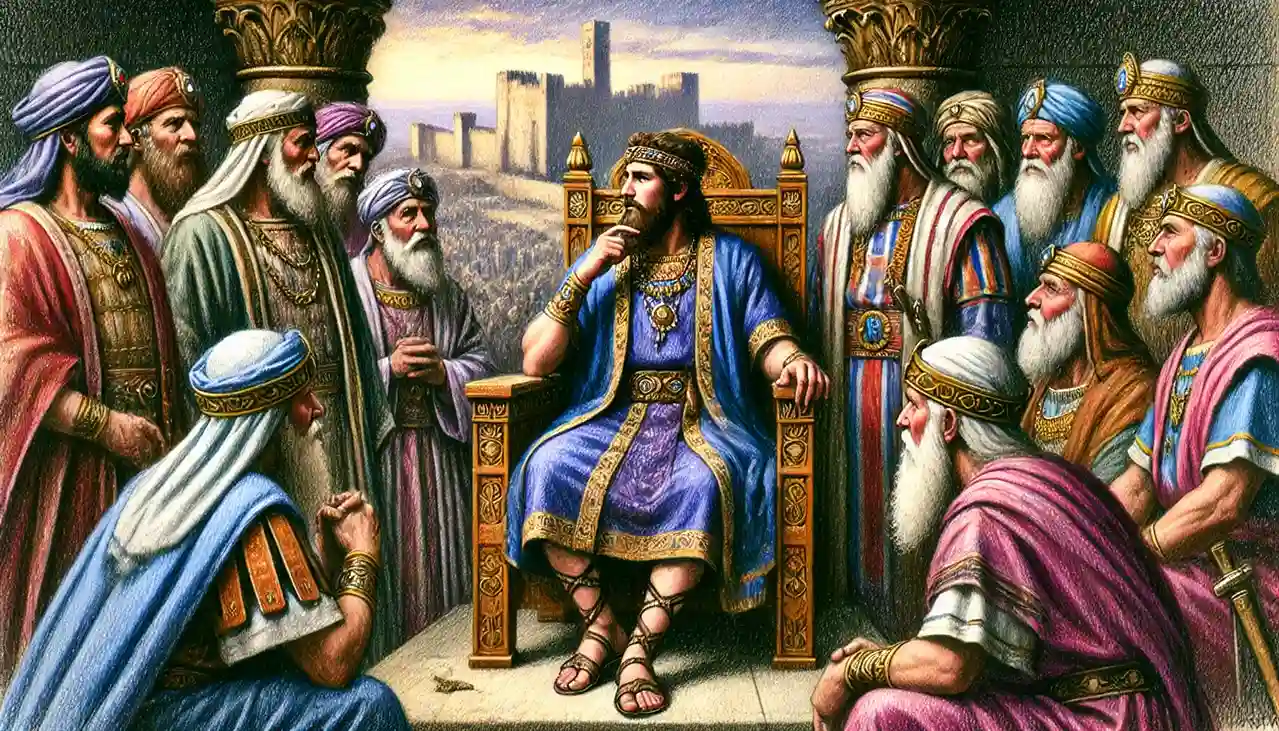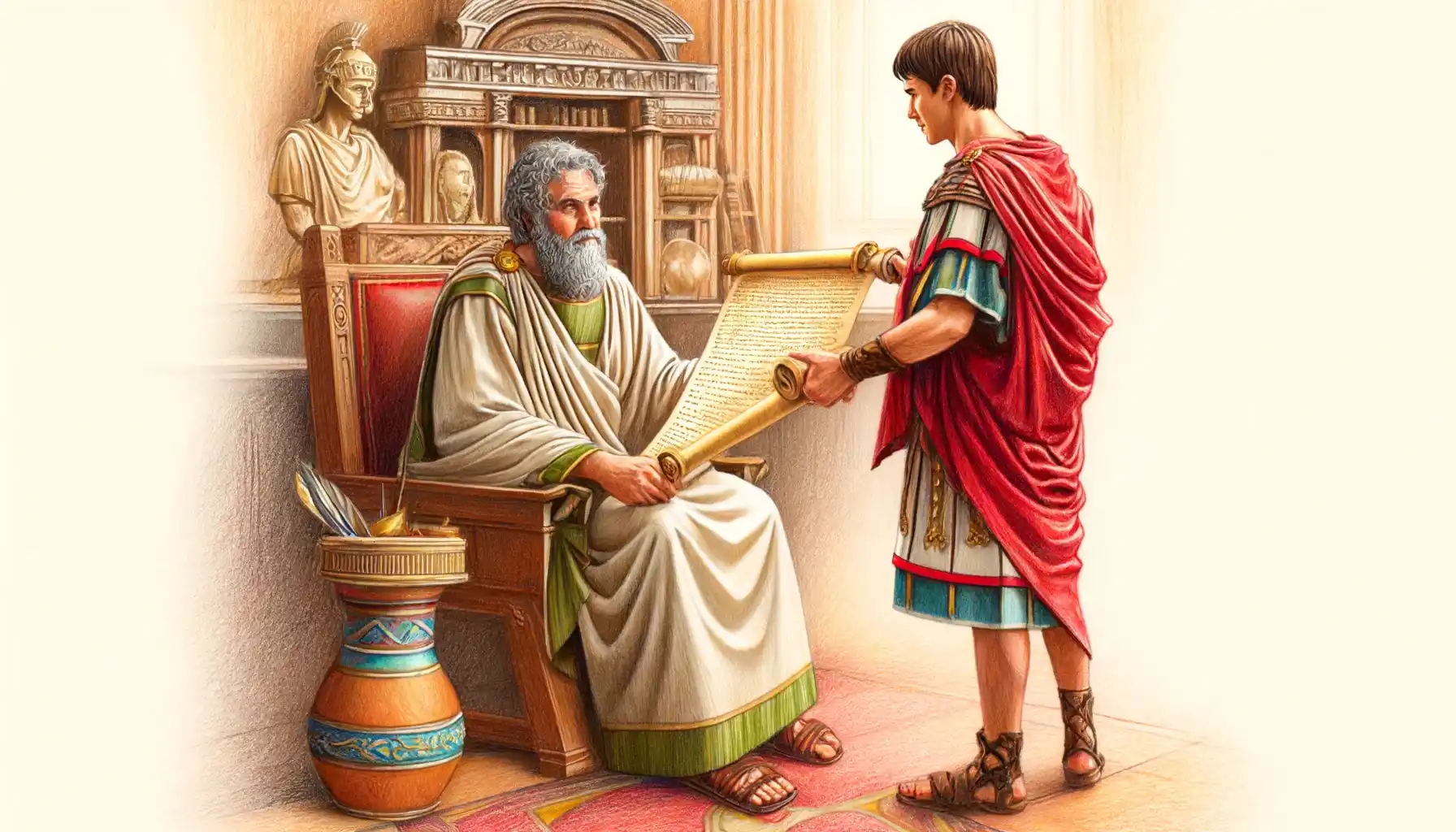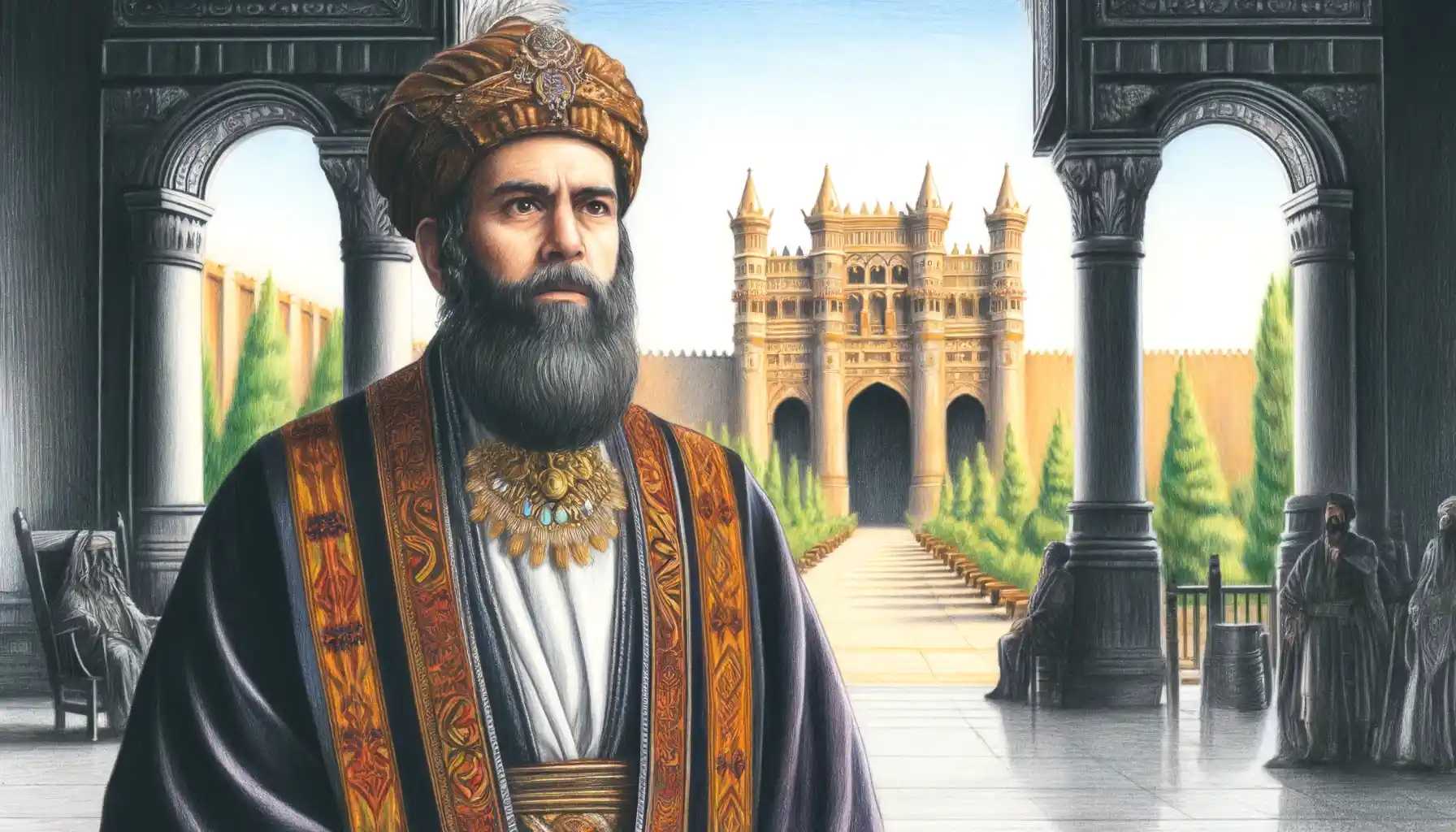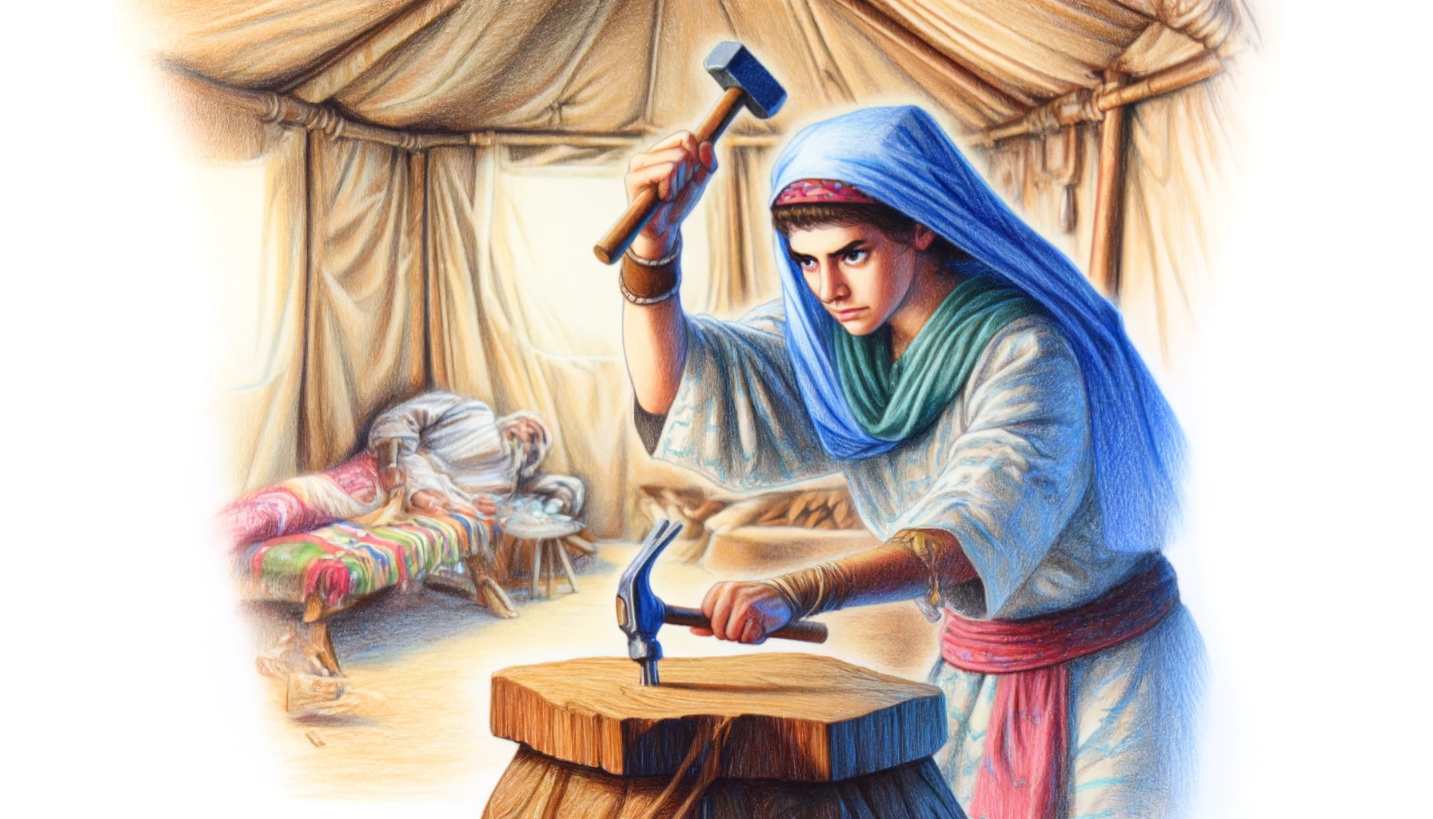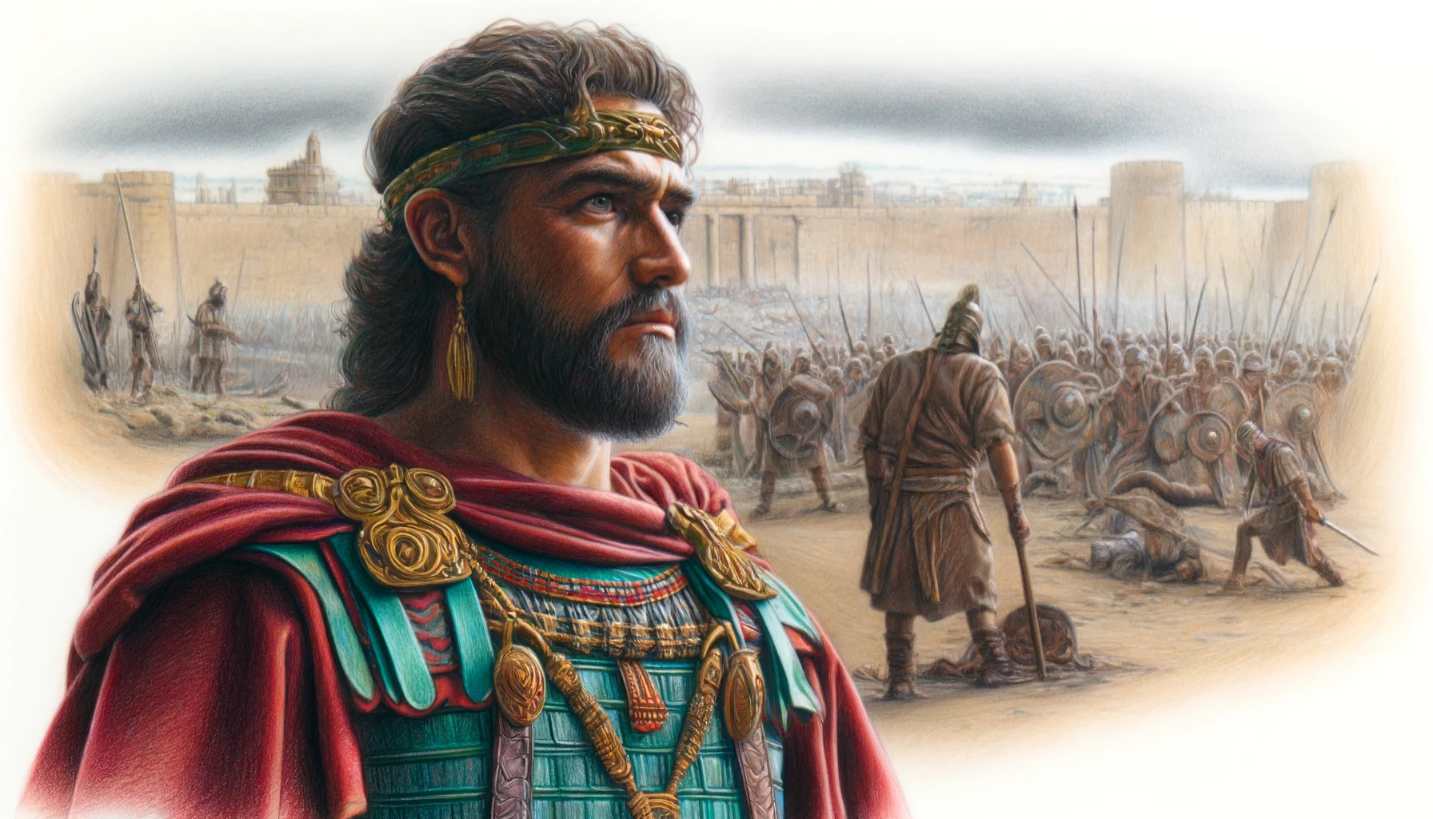The Southern Kingdom of Judah, formed after the division of the united monarchy, was centered in Jerusalem and ruled by the descendants of David, experiencing periods of reform and decline before its conquest by Babylon in 586 BC.
Rehoboam, Solomon’s son, and David’s grandson, was the first king of the Kingdom of Judah whose harsh policies led to the division of the united kingdom of Israel, resulting in continual conflicts and invasions during his reign.
Theophilus, whose name means “Friend of God,” is the recipient of the Gospel of Luke and Acts of the Apostles, with Luke’s intent being to provide an orderly account to assure Theophilus of the teachings he has received, though his exact identity remains speculative.
Zipporah, the Midianite wife of Moses and daughter of Jethro, played a significant role in Moses’ life, particularly noted for her quick action in circumcising their son to save Moses from God’s wrath, and later reuniting with him during the Exodus.
The Midianites, descendants of Abraham’s son Midian, were a nomadic people known for their interactions with key biblical figures and their conflicts with the Israelites, most notably during the time of the Judges.
Edom, named after Esau, is a significant biblical region south of the Dead Sea, known for its conflicts with Israel, strategic trade location, and prophetic judgments.
Esther, the Jewish queen of Persia, displayed remarkable bravery and faith by risking her life to save her people from extermination, leading to the establishment of the festival of Purim.
Mordecai, a key figure in the Book of Esther, was a Jewish leader who helped save his people from annihilation through his bravery, wisdom, and the influence of his cousin Esther, leading to the establishment of the festival of Purim.
Jael is a lesser-known yet remarkable figure in the Bible, celebrated for her bravery and decisive action. Historical and Cultural Context Jael lived during the period of the Judges, a time characterized by social and political upheaval in ancient Israel. …
Uriah the Hittite, known for his unwavering loyalty and integrity, was a valiant soldier in King David’s army whose tragic death, orchestrated by David to conceal his own sin, serves as a powerful lesson on the consequences of moral failure and the necessity of justice.


